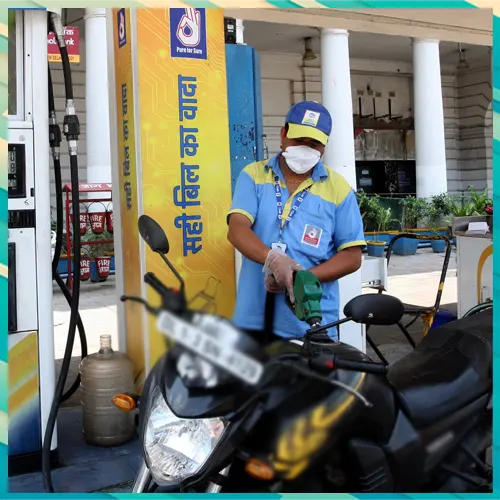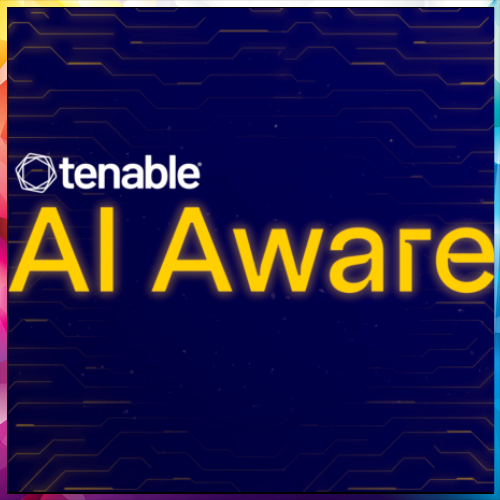
The Delhi government’s decision to not give fuel to overage vehicles will be implemented by mid-April, shared Environment Minister Manjinder Singh Sirsa.
The Delhi government has postponed its plan to restrict fuel supply to vehicles older than 15 years, a move aimed at curbing vehicular pollution in the capital. Originally set to take effect today, the policy faces delays due to logistical and enforcement challenges.
As part of its broader pollution control measures, the Delhi Transport Department had proposed banning fuel refills for petrol and diesel vehicles older than 15 years. The policy aligns with the National Green Tribunal (NGT) and Supreme Court orders, which mandate phasing out such vehicles to improve air quality. However, implementation complexities, including coordination with fuel stations and regulatory bodies, have caused delays.
“The reason behind delaying the implementation is that a few petrol pumps have not made the structural changes necessary to implement the policy decision. There will have to be separate areas from where old cars will exit. There has to be a clear passage for the vehicles that can get fuel. These are small changes and will be made soon. Most pumps in the city have complied. It is better to wait a few days and implement the project in one go than to do it in fits and starts. All pumps have to refuse fuel to old vehicles otherwise the plan will fail. It should take 10-15 more days to implement,” said Manjinder Singh Sirsa, Environment Minister.
Impact on Vehicle Owners and Compliance Challenges
If enforced, the rule will affect thousands of vehicle owners, particularly those relying on older private cars and commercial vehicles. The government had planned to integrate fuel stations into the monitoring system, ensuring compliance through automated checks based on vehicle registration data. However, technical and legal concerns have slowed down the execution of this initiative.
Pollution Control and Vehicle Scrappage Policies
Delhi has consistently struggled with high pollution levels, prompting stringent measures such as restrictions on diesel vehicles, the Odd-Even scheme, and the promotion of electric mobility. The proposed fuel ban is in line with the scrappage policy, encouraging owners to retire old vehicles and transition to cleaner alternatives like CNG, electric, and hybrid models.
While the government remains committed to enforcing this rule, officials are currently refining implementation strategies to ensure smooth execution without causing public inconvenience. Discussions are ongoing with fuel station operators, transport authorities, and environmental agencies to finalize the plan.
See What’s Next in Tech With the Fast Forward Newsletter
Tweets From @varindiamag
Nothing to see here - yet
When they Tweet, their Tweets will show up here.




























